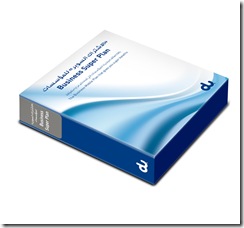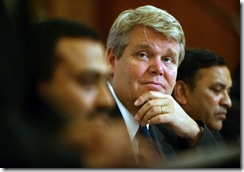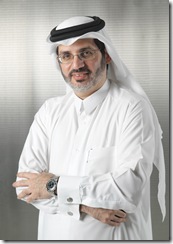China’s ZTE Corporation today announced its interim results to end-June, recording revenue of RMB27.7 billion (US$ 4.05 billion) in the first half year of 2009, representing an increase of 40.4 per cent year-on-year. Net profit amounted to RMB780 million, representing year-on-year growth of 40.5 per cent.
With the benefit of the full-scale construction of 3G networks in China, ZTE reported operating revenue of RMB14.95 billion in the domestic market in H109, representing a year-on-year growth of 111.7 per cent. The performance of the company’s wireless products, factoring in the network tenders of China Unicom and China Telecom held during the first half of the year, was in line with expectations. On the back of its cost advantage and customisation capabilities, ZTE achieved significant breakthroughs in the coastal provinces and other growth opportunity regions.
ZTE’s revenue from its international operations grew 0.7 per cent to RMB12.76 billion in H109 and accounted for 46.0 per cent of its total operating revenue. Second-generation (2G) network construction and capacity expansion in key developing markets, coupled with the demand for bandwidth upgrades and innovative services in developed countries, formed the cornerstones for the development of the vendor’s international market.
ZTE registered year-on-year revenue growth of 46.2 per cent for carriers’ networks, 29.8 per cent for handset products and 29.2 per cent for telecommunication software systems, services and other products during the reporting period.






